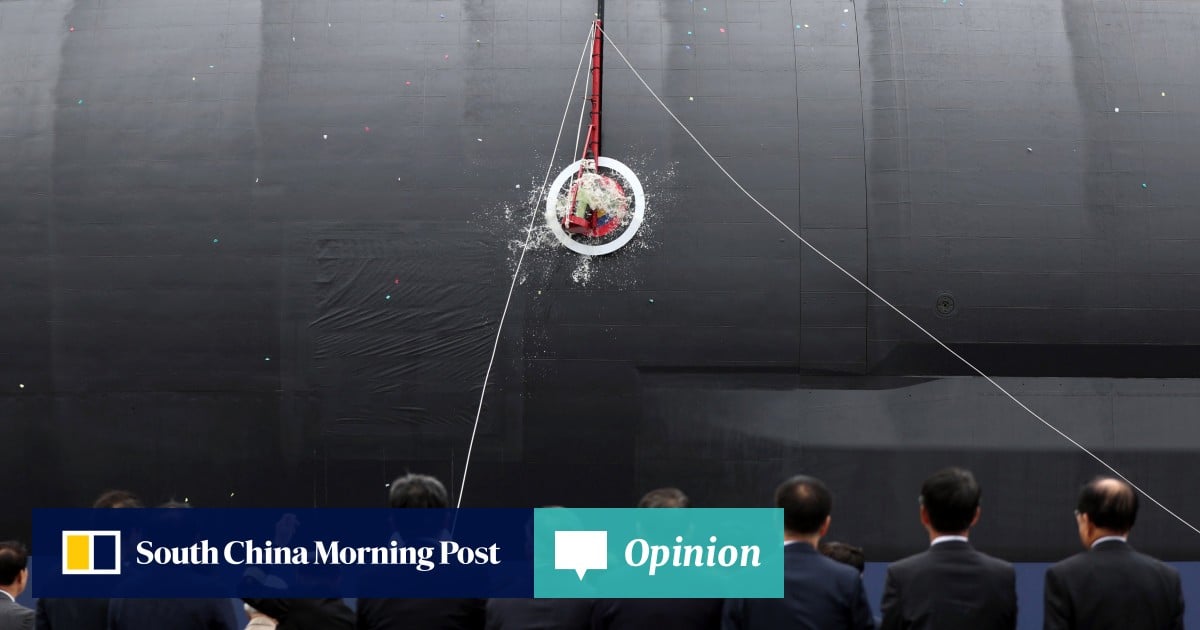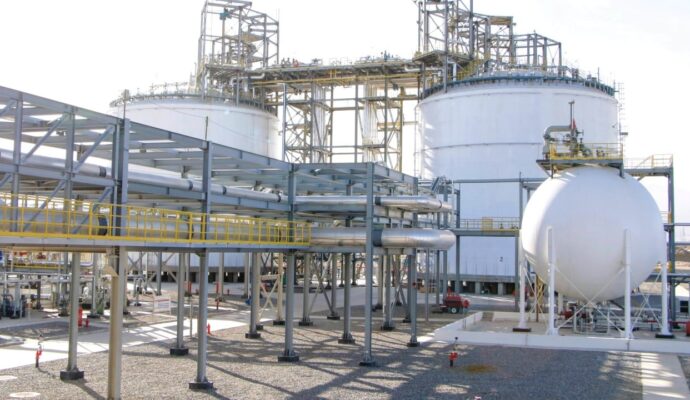For US President Donald Trump to
consent to South Korea building its own nuclear-powered submarines was unexpected – though a welcome decision for the many South Korean analysts who have long argued such vessels were urgently needed by the country’s navy.
It will have a huge impact on the US alliance with South Korea and its neighbours, not least North Korea, which is apparently building its first nuclear ballistic missile submarine with
Russian technical support: not just any nuclear-powered sub, but one that will presumably carry nuclear weapons.
For many years, the US navy has been quantitatively inferior to the Chinese navy. With the gap growing bigger, its qualitative superiority is also being steadily eroded. Trump has vowed to enhance both the navy’s capabilities and numbers, and for this, US allies will play an essential role. Financing, facilities, technical cooperation and a skilled workforce: all these are needed, and they can most obviously be provided by South Korea and Japan.
Faced with the weaponisation of trade tariffs in Trump’s bid to make America great again, South Korea proposed to help “Make American Shipbuilding Great Again” (Masga). Part of a wider deal aimed at minimising tariffs, the agreement by South Korean President Lee Jae-myung would see South Korea invest US$350 billion in the United States, including
US$150 billion in shipbuilding cooperation.
Trump seems pleased by the Masga initiative, but given that his focus is on boosting the US’ domestic industry, it is likely that South Korean investments in small and medium US shipyards will primarily be devoted to building modules and providing spare parts for US vessels.
South Korean and Japanese shipyards already perform maintenance, repair and overhaul services on US navy vessels, but they are also hoping to build non-combatant vessels for the US navy. The Hanwha Philly Shipyard in Philadelphia, where South Korea is
slated to build its first nuclear-powered submarine, is already making vessels intended for US maritime training and emergency use. Its parent company is Hanwha Ocean, one of the “Big Three” South Korean shipbuilders, which include HD Hyundai Heavy Industries and Samsung Heavy Industries.
South China Morning Post



